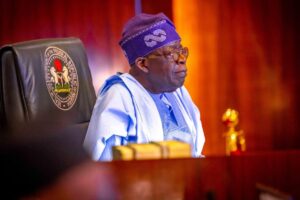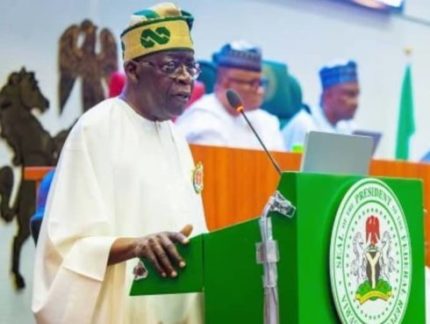The Federal Government has reaffirmed its stance that there is no age restriction for candidates who wish to sit for the National Examination Council (NECO) and the West African Examination Council (WAEC) examinations. This announcement was made to address widespread misconceptions about the eligibility criteria for these key national and regional exams. Officials emphasized that every Nigerian, regardless of age, has the right to access formal education and take national assessments.
This clarification comes as part of Federal Government’s efforts to create an inclusive education system. It was highlighted that many people, especially in rural areas, have had delayed access to education, making it crucial to ensure that no age-related barriers prevent individuals from advancing academically.
Inclusivity at the Core of Nigeria’s Educational Policy
The Federal Government emphasized that the policy aligns with Nigeria’s broader educational goals of ensuring inclusivity and accessibility for all. Education Minister, Mallam Adamu Adamu, reiterated that the government’s focus is on providing equal opportunities for lifelong learning, regardless of socioeconomic or age barriers. “There is no specific age limit set by NECO or WAEC for sitting these exams,” he stated, urging stakeholders to disseminate accurate information.
This inclusive policy is seen as a major step in encouraging older adults who missed earlier educational opportunities to return to the classroom. Many have welcomed the decision, noting that it will also support women and older adults who may have had their education interrupted by life events such as early marriage, pregnancies, or financial constraints.
Clearing Common Misconceptions
The announcement was also aimed at dispelling rumors that the national examination bodies have stringent age requirements. Over the years, many parents, educators, and students have been misled into believing that only individuals within certain age brackets could sit for the exams, creating unnecessary stress and exclusion. This has had adverse effects, especially in underprivileged communities, where students might be older than their peers due to late entry into the school system.
WAEC and NECO representatives clarified that age has never been a criterion for writing the exams. The focus, they say, should be on ensuring that candidates have the requisite academic preparation. “We are here to assess knowledge, not age,” a NECO official stated, underscoring that maturity in age should not equate to educational exclusion.
Global Context of Age-Free Examination Policies
Globally, several countries have moved towards removing age restrictions in examinations to promote education for all. Nations like India and the United States have long allowed individuals of any age to sit for national assessments, including high school equivalency exams. Nigeria’s stance is in line with this global trend of making education and certification processes available to citizens across all age groups.
By adopting this policy, Nigeria is reaffirming its commitment to the United Nations’ Sustainable Development Goal 4 (SDG 4), which aims to “ensure inclusive and equitable quality education and promote lifelong learning opportunities for all.” Analysts say this move will help Nigeria achieve higher literacy rates, especially in regions where education is less accessible.
Federal Government: The Role of Adult Learners in National Development
The Federal Government’s decision to remove age restrictions is also tied to the broader goal of national development. Adult learners are seen as an untapped resource in the country’s push for innovation and socioeconomic growth. By encouraging older Nigerians to pursue formal education, the government hopes to enhance workforce quality and improve overall economic outcomes.
Furthermore, educational experts believe that increasing the number of educated adults will have a ripple effect on the younger generation. Parents and older relatives who sit for WAEC or NECO could serve as role models, motivating younger students to take their studies seriously. This could foster a more learning-oriented culture across generations.
Federal Government Policy’s Impact on Nigeria’s Education Sector
This new directive is expected to influence the education sector significantly. Educational institutions may experience a rise in enrollments as older individuals, who previously thought their academic aspirations were unattainable, return to formal learning. NECO and WAEC are likely to adapt by offering more flexible examination schedules or learning opportunities to accommodate this influx.
In addition, policymakers are calling for reforms to support this new demographic of learners. They advocate for night schools, online learning platforms, and adult education programs to be expanded, allowing individuals who are balancing work and family commitments to study at their convenience. This paradigm shift could revolutionize the way Nigerians think about education and its role in personal and national growth.
Table of Contents
Discover more from OGM News NG
Subscribe to get the latest posts sent to your email.














